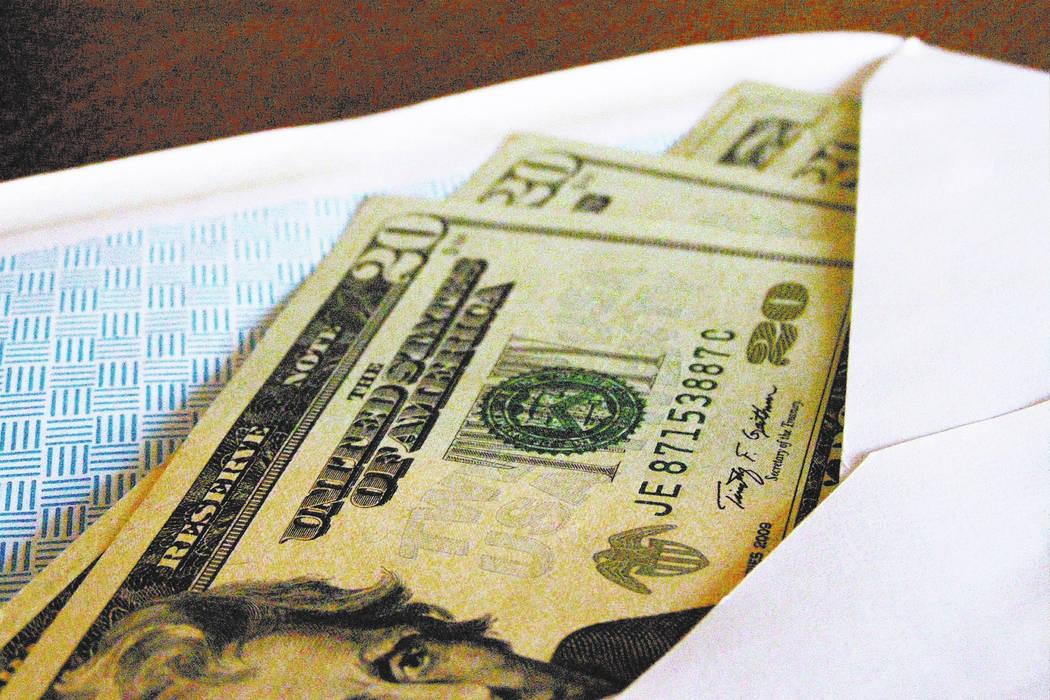EDITORIAL: A cashless society poses threats to freedom
Observers who warn about the link between technology and Big Brother are often dismissed as dinosaurs or Luddites hovering like doomed insects on the highway of progress. What’s the big deal if individuals sacrifice a little privacy for convenience?
They’re learning the pitfalls of such an approach in a current Asian hot spot.
While President Donald Trump’s photo-op with Kim Jong Un at the DMZ in Korea has dominated the overseas news this week, an ongoing uprising in Hong Kong has lessons for how technological innovations can become dangerous tools for the forces of tyranny, totalitarianism and oppression.
For the past few weeks, protesters have demonstrated against a proposed change to Hong Kong’s extradition laws that could subject local fugitives to incarceration and trial in mainland China. When Great Britain formally returned the island to China in 1997, Hong Kong maintained a modicum of independence as part of the agreement. Protesters, however, fear that the extradition reform could indicate a move by China’s communist regime to exert more authoritarian control over Hong Kong.
The recent demonstrations have featured an interesting twist, notes Andrea O’Sullivan of Reason magazine.
Hong Kong residents typically use a smart card that they simply wave over a sensor to pay for mass transit, parking or retail purchases. During the protests, however, most agitators left their cards at home. “The risk,” Ms. O’Sullivan writes, “was that a government could view the central database … to unmask these democratic ne’er-do-wells.”
Instead, the protesters turned to cash when taking public transporation to the demonstrations. “It was instant anonymity,” Ms. O’Sullivan observes. “Sure it was less convenient. … But the tradeoff of avoiding persecution and jail time was well worth it.”
All this should give serious pause for the many voices advocating a cashless society. While the United States imposes certain constitutional limits on the government’s ability to access private data, the trepidation expressed by the Hong Kong protesters highlights a very real danger with the push to abolish cash. For all its perceived inefficiencies and inconveniences, cash remains the most effective way of ensuring privacy for lawful purchases and transactions.
“Hong Kong,” Ms. O’Sullivan argues, “is about as First World as you can get. Yet even in such a developed economy, power’s jealous hold is but an ill-worded reform away. We should not allow today’s relative freedom to obscure the threat that a cashless world poses to our sovereignty.”
As the saying goes, it’s not paranoia if they really are out to get you.

















